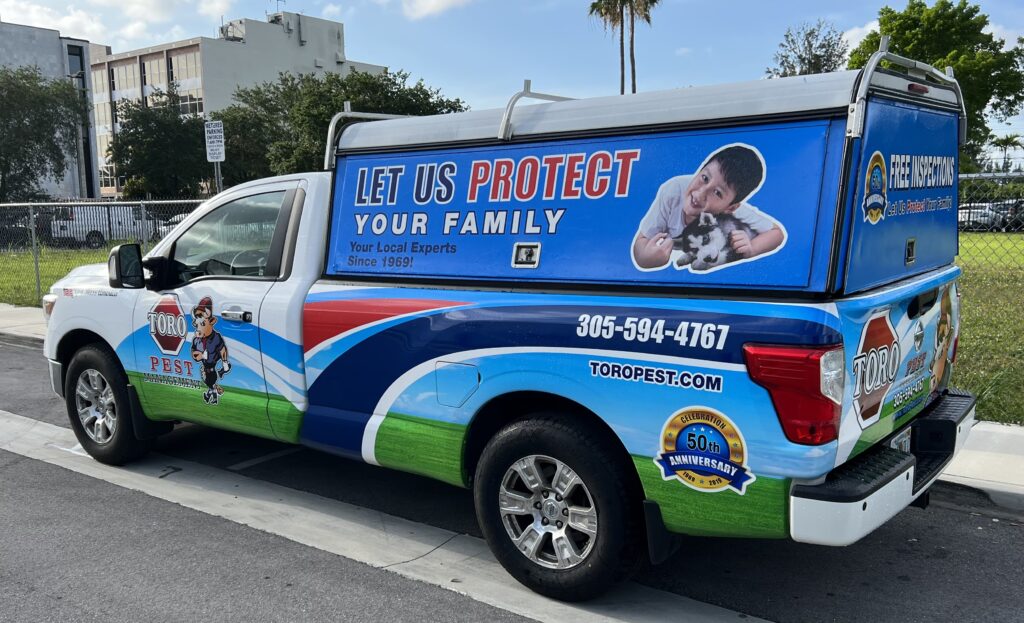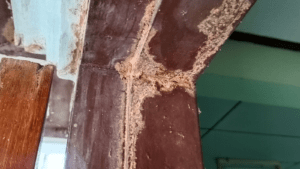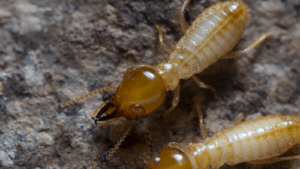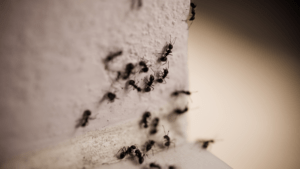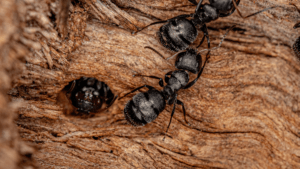Dengue, pronounced as den-gee, once spreaded in hot and humid tropical and subtropical regions but is now spreading in the southern United States. The reasons for the spread could be attributed to global warming, travel and other such related factors.
Although most Americans get infected by dengue while travelling to regions where dengue is endemic, there is a rise in cases of locally acquired dengue cases in the United States of America, including Florida.
Dengue is a mosquito-borne disease. Aedes Aegypti mosquitoes spread this deadly disease. There are four related dengue viruses. The viruses are DEN-1, DEN-2, DEN-3 and DEN-4 and all these four variant are related to the virus that causes yellow fever and West Nile infection.
Though dengue was absent for decades from Florida, the cases have resurfaced again due to Florida’s closeness to affected countries. In addition, people travelling to and from similar tropical climate regions have increased the probability of the disease afflicting Florida.
Dengue is also called the “breakbone fever” and has symptoms similar to flu, like fever, joint and muscle pain, headaches. However, it can cause sudden death if it takes hemorrhagic form due to internal bleeding and bleeding from body openings.
Every year several cases of dengue are reported in Florida. Most of these cases are reported in people who travelled to areas where the disease is endemic, such as Central and South America, the Caribbean and Asia.
Some of the possible reasons for the reintroduction of dengue in Florida are its proximity to Puerto Rico and international travel to and from dengue-endemic regions. Since the Key West outbreak, several short dengue introductions have been found in Florida.
In the year 2019, there was a dengue outbreak in Miami, Florida. Four hundred thirteen people in Florida were diagnosed with dengue, and most of them acquired dengue on their visit to Cuba. Out of these four hundred thirteen cases, eighteen cases were locally acquired. In 2020, the transmission of dengue was detected in Key Largo and is still going on as well as in Key West.
Cases where dengue was locally transmitted, have been reported in Florida between 2010-2018 except for 2017. Florida has become a quasi-endemic area for dengue now, and the risk is moving forward. Dengue which was thought to be strictly tropical and subtropical has already started showing up in regions with suitable climates, and Florida is one amongst them.

